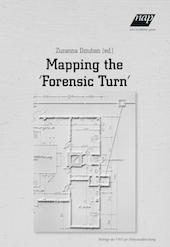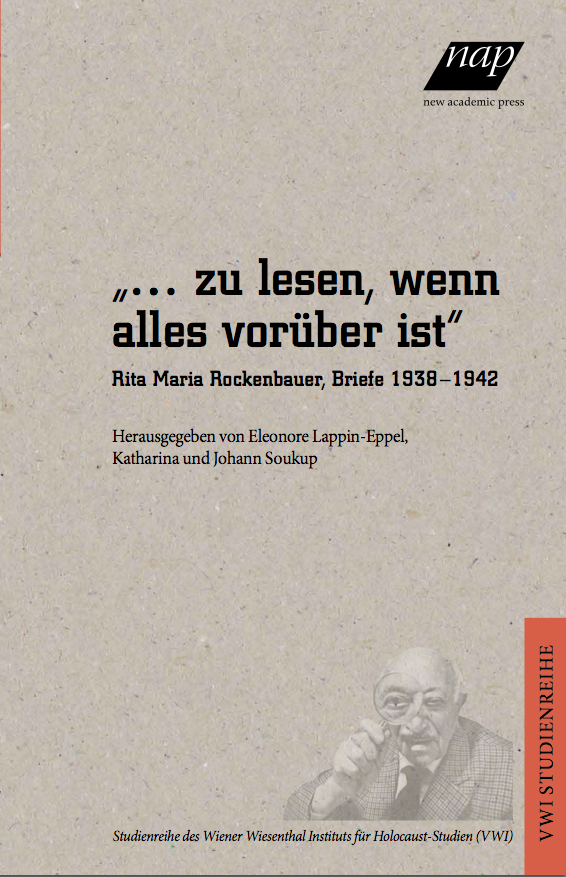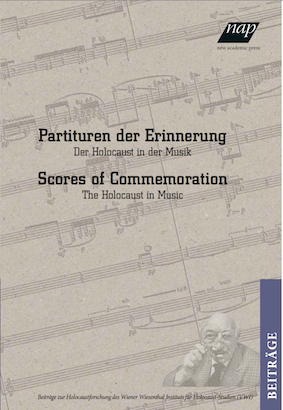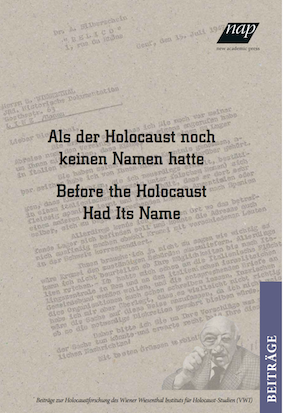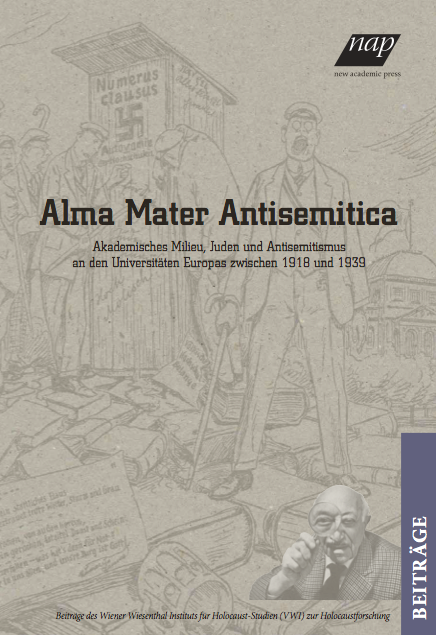 Hannah Arendt was a woman of eclectic culture, including among other things philosophically. Yet when she spoke of philosophy or philosophers, she almost without exception referred to Plato, Socrates, Aristotle, Cicero, Augustine, and the classics of German philosophy, especially Kant. She hardly ever referred to her contemporaries. She did not consider Sartre worthy of being taken seriously, she despised Adorno, Merleau Ponty and de Beauvoir did not exist to her. Arendt met Habermas, yet he left no trace in her philosophy. She wrote an essay on Benjamin, yet he, too, left no trace in her philosophy. This notable indifference towards her contemporaries could be understood as an urge towards original thinking. There were three thinkers who were especially important to Arendt – the three radical philosophers of the nineteenth century: Marx, Kierkegaard, and Nietzsche. According to Ágnes Heller, Arendt was the first to consider these three thinkers together in the same context. Arendt regarded them as radical thinkers because they overturned, reinterpreted, and ultimately abolished traditions: Marx politically, Kierkegaard religiously, and Nietzsche metaphysically. Arendt saw their radical philosophical style as especially important. All three experimented with unorthodox philosophical genres, above all with essays and aphorisms.
Hannah Arendt was a woman of eclectic culture, including among other things philosophically. Yet when she spoke of philosophy or philosophers, she almost without exception referred to Plato, Socrates, Aristotle, Cicero, Augustine, and the classics of German philosophy, especially Kant. She hardly ever referred to her contemporaries. She did not consider Sartre worthy of being taken seriously, she despised Adorno, Merleau Ponty and de Beauvoir did not exist to her. Arendt met Habermas, yet he left no trace in her philosophy. She wrote an essay on Benjamin, yet he, too, left no trace in her philosophy. This notable indifference towards her contemporaries could be understood as an urge towards original thinking. There were three thinkers who were especially important to Arendt – the three radical philosophers of the nineteenth century: Marx, Kierkegaard, and Nietzsche. According to Ágnes Heller, Arendt was the first to consider these three thinkers together in the same context. Arendt regarded them as radical thinkers because they overturned, reinterpreted, and ultimately abolished traditions: Marx politically, Kierkegaard religiously, and Nietzsche metaphysically. Arendt saw their radical philosophical style as especially important. All three experimented with unorthodox philosophical genres, above all with essays and aphorisms.


